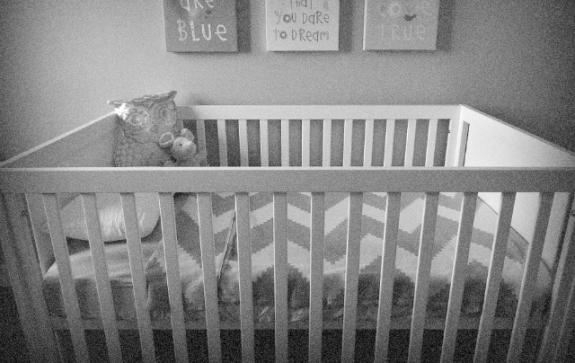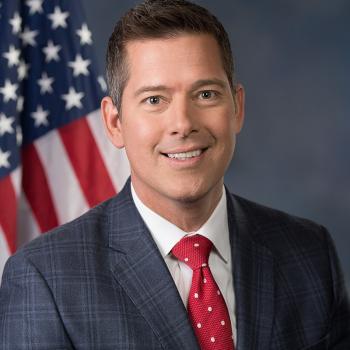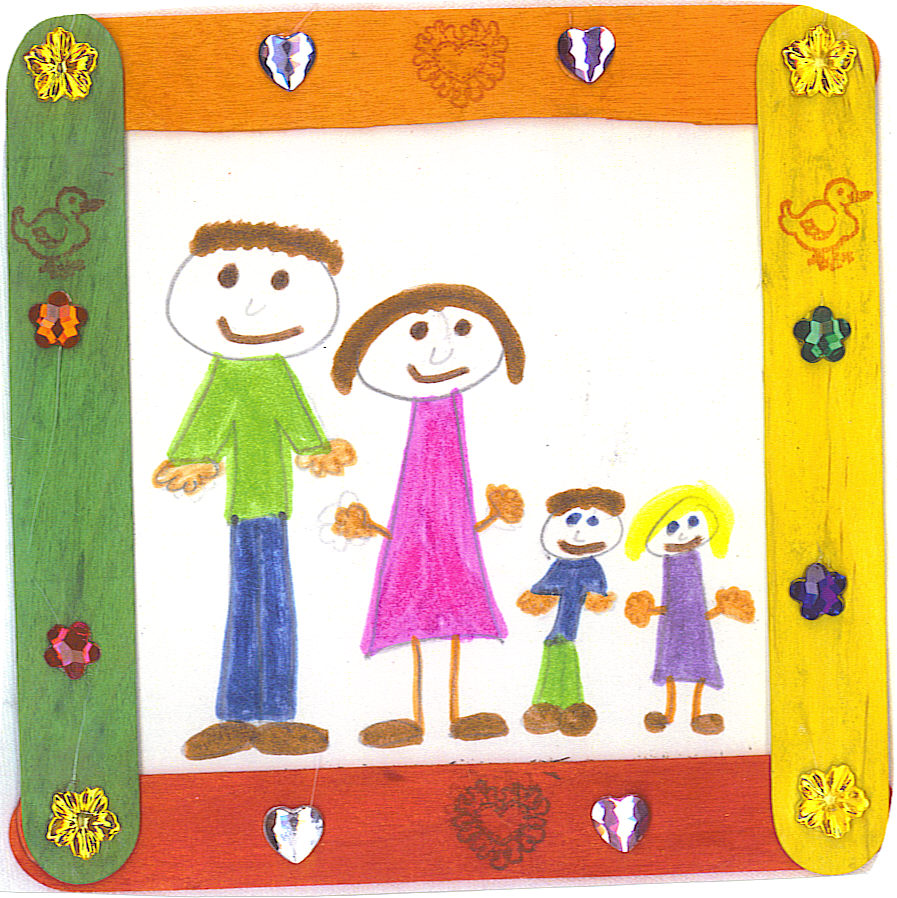From The New York Times:
Americans are having fewer babies. At first, researchers thought the declining fertility rate was because of the recession, but it kept falling even as the economy recovered. Now it has reached a record low for the second consecutive year.
Because the fertility rate subtly shapes many major issues of the day — including immigration, education, housing, the labor supply, the social safety net and support for working families — there’s a lot of concern about why today’s young adults aren’t having as many children. So we asked them.
Wanting more leisure time and personal freedom; not having a partner yet; not being able to afford child-care costs — these were the top reasons young adults gave for not wanting or not being sure they wanted children, according to a new survey conducted by Morning Consult for The New York Times.
About a quarter of the respondents who had children or planned to said they had fewer or expected to have fewer than they wanted. The largest shares said they delayed or stopped having children because of concerns about having enough time or money.
The survey, one of the most comprehensive explorations of the reasons that adults are having fewer children, tells a story that is partly about greater gender equality. Women have more agency over their lives, and many feel that motherhood has become more of a choice.
But it’s also a story of economic insecurity. Young people have record student debt, many graduated in a recession and many can’t afford homes — all as parenthood has become more expensive. Women in particular pay an earnings penalty for having children.
“We want to invest more in each child to give them the best opportunities to compete in an increasingly unequal environment,” said Philip Cohen, a sociologist at the University of Maryland who studies families and has written about fertility.
At the same time, he said, “There is no getting around the fact that the relationship between gender equality and fertility is very strong: There are no high-fertility countries that are gender equal.”













